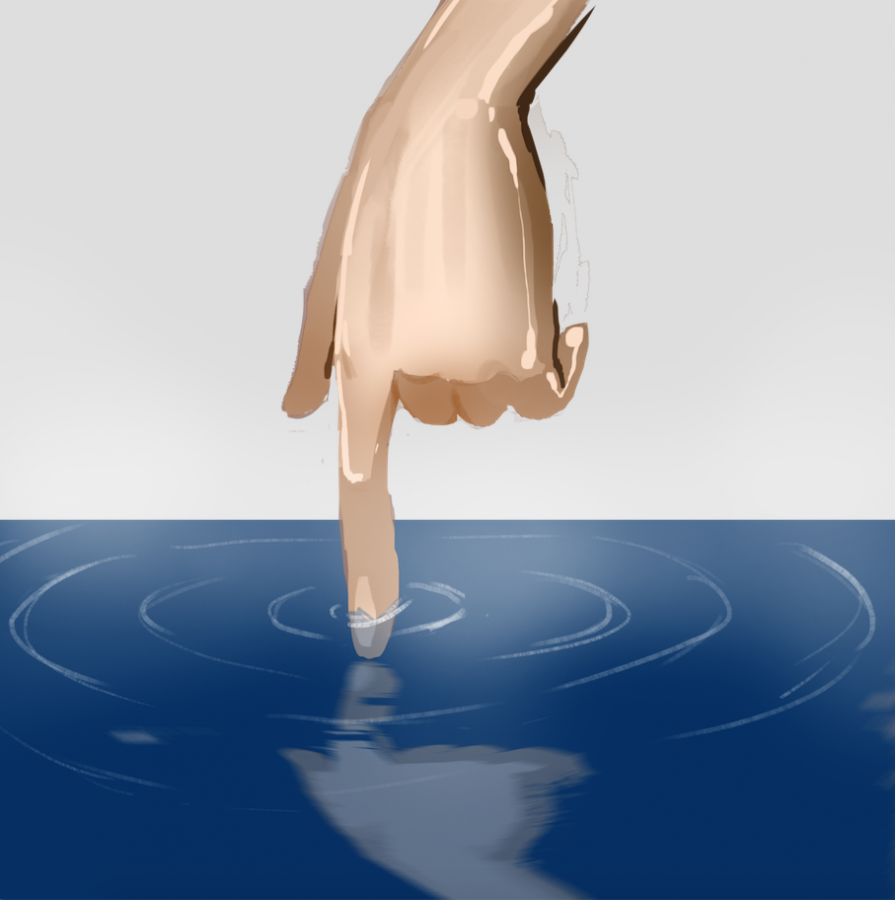What is the sense you think you would have the hardest time living without? For most of us, the answer to that question would probably be sight or hearing. Those are the two senses that we’ve grown to believe play the largest part in human communication, especially when it comes to technology. However, as increasing research suggests, touch may be the most communicative, therapeutic, and overall beneficial of all our senses.
Our senses can evoke every kind of emotion: pain, fear, joy, disgust, surprise, the list goes on. However, our sense of touch is unlike any other, in that it can be experienced by every part of one’s body – from one’s toes to the tips of one’s hair. The sense of touch is made up of an array of different receptors throughout the body, and each receptor has its own job. Some react only to caresses, sending positive or negative signals to the brain, depending on who the caress is from. Some are pain receptors, some tell us when we have an itch, and all are connected to their own special parts of the brain.
If you think of your body as being its own planet, then in purely geographic terms, your sense of touch dominates the competition. Your eyes, tongue, ears and nose combined make up about 1% of your body’s total area. Meanwhile, touch receptors are literally all over your body, including areas ruled by other senses; you can feel your nose and ears just as well as your arms and legs. Even the brain devotes significantly more of its thinking power toward decoding signals from touch receptors than it does managing, for example, sight and sound signals.
What makes touch particularly important, however, is the fact that a reassuring gesture or painful punishment gets a brain stirring significantly more when it’s sent through touch receptors than through any other sense. In his recent book “Touch: The Science of Hand, Heart, and Mind,” the Johns Hopkins University neuroscientist David Linden states that one’s sense of touch gets a message across more effectively than any other sense does – it’s simply more strongly connected to the brain than any other sense is.
When we feel around for a light switch in the dark, our minds are very active. We have a predisposed idea of where the switch should be: by the door. Yet what if it’s not? Perhaps it’s in a very unconventional place, and we have only our innate sense of touch to guide us through the darkness. It’s at these times that we really pay attention to the power of our most far-reaching sense.
We tend to describe the texture of objects in very simple terms: soft, hard, rough, smooth. In this way, we fool ourselves into thinking those are the only categories we can come up with. What about “warm,” for example? Do we use any other sense to determine the temperature of the air around us? Our sense of touch is what makes us comfortable in the shade, shiver in a freezing math classroom and delighted to hold a warm cup of morning coffee. Demoting it to something we use to feel the edges and surfaces of objects we can already see is completely unfair.
For some people, their sense of touch has been nulled to some degree. Not everyone responds to caresses or slaps as seriously as others, and some have little to no reaction with their pain and feeling receptors at all, due to a disability called hereditary sensory neuropathy type 2, which they were born with. However, this is a particularly unfortunate occurrence, since our feeling of touch can cheer us up after a hard day unlike any other.
As PhD psychologist Rick Chillot states, only when a loved one reassuringly hugs you do the kind words that accompany it truly sink in and start to clear our minds.
Let’s imagine a life without touch. Above all, such a life would be dangerous. We wouldn’t know when something burns, when our legs are broken, or when our blood is getting dangerously chilled, until it’s too late. Yet it would also be emotionally draining – a friendly hug would feel considerably empty, since the main sense we use to enjoy it would be void.
So touch deserves more sentimentality – it works hard to keep us safe, guided and happy, each and every day.





